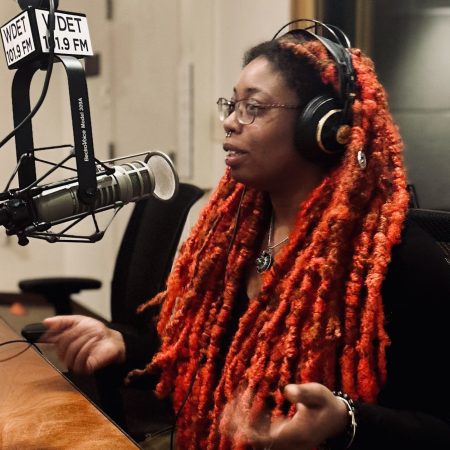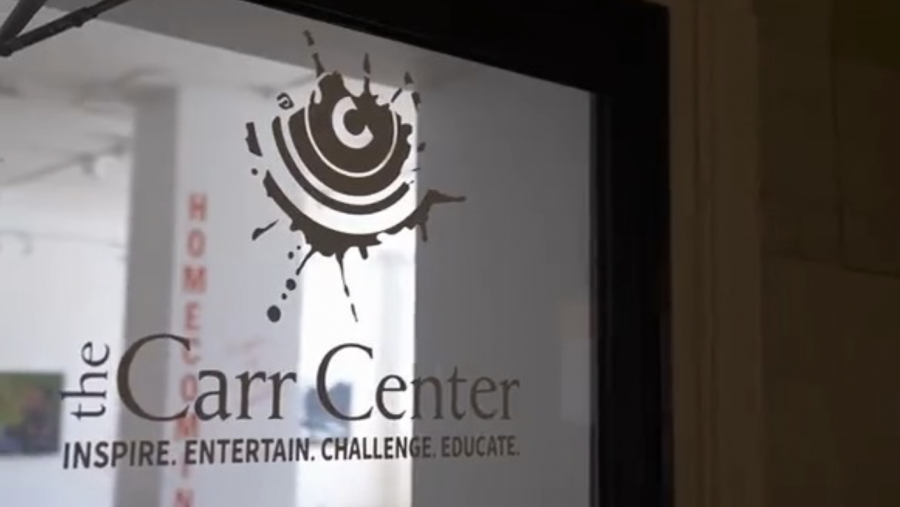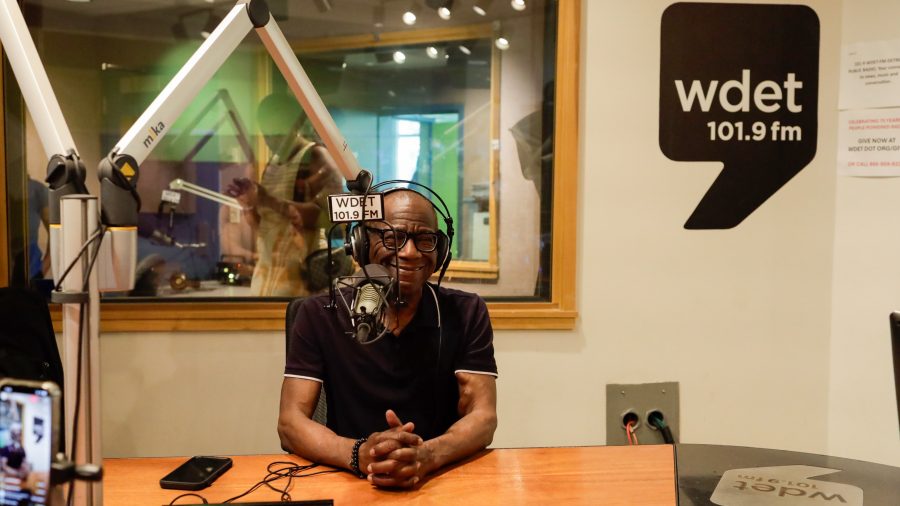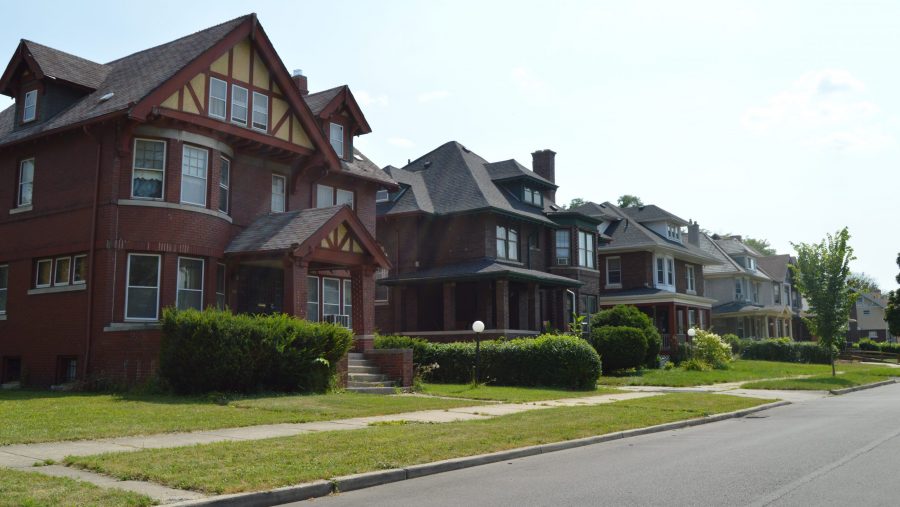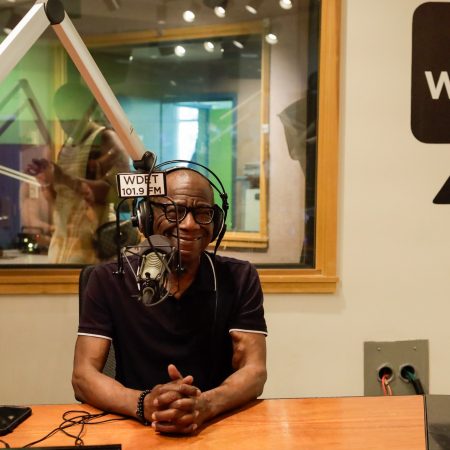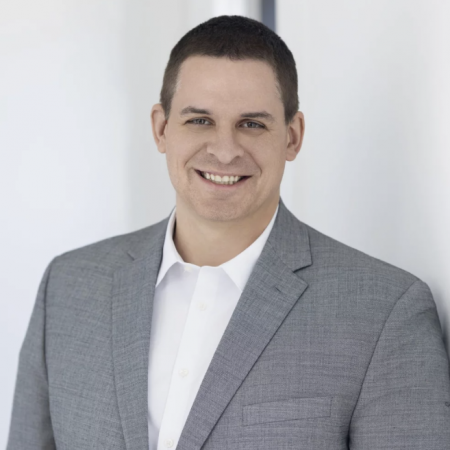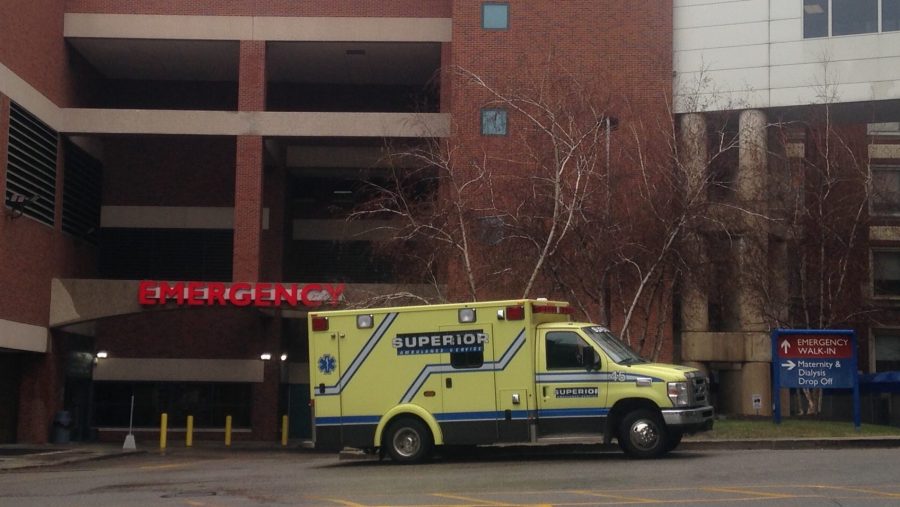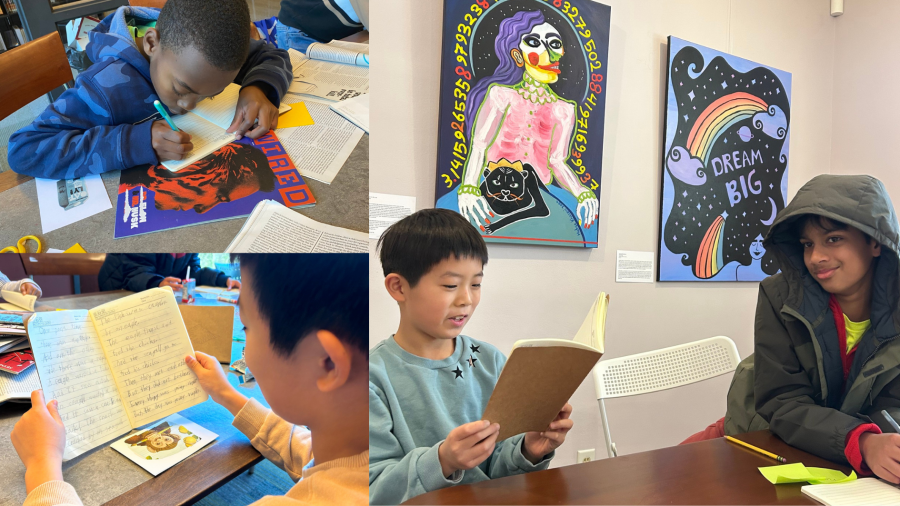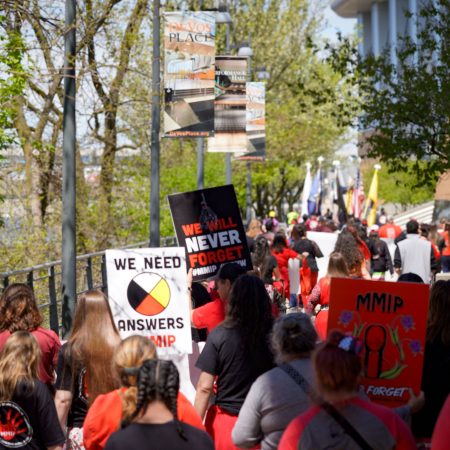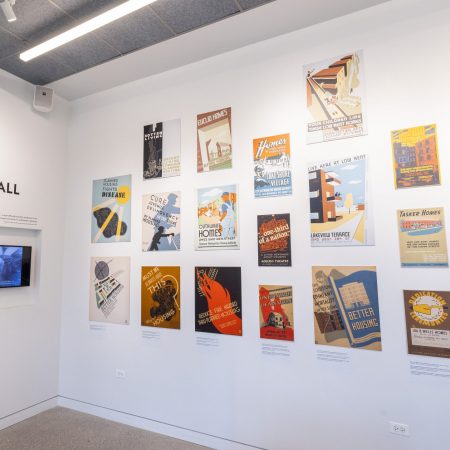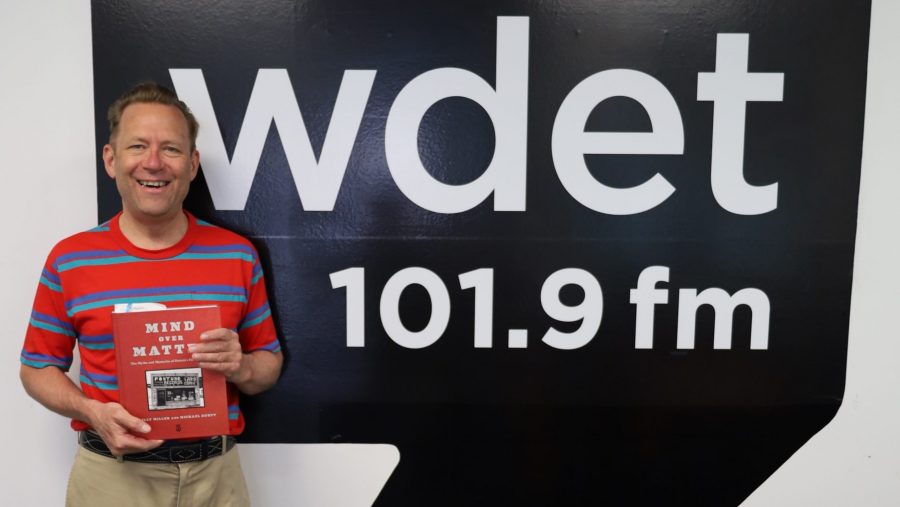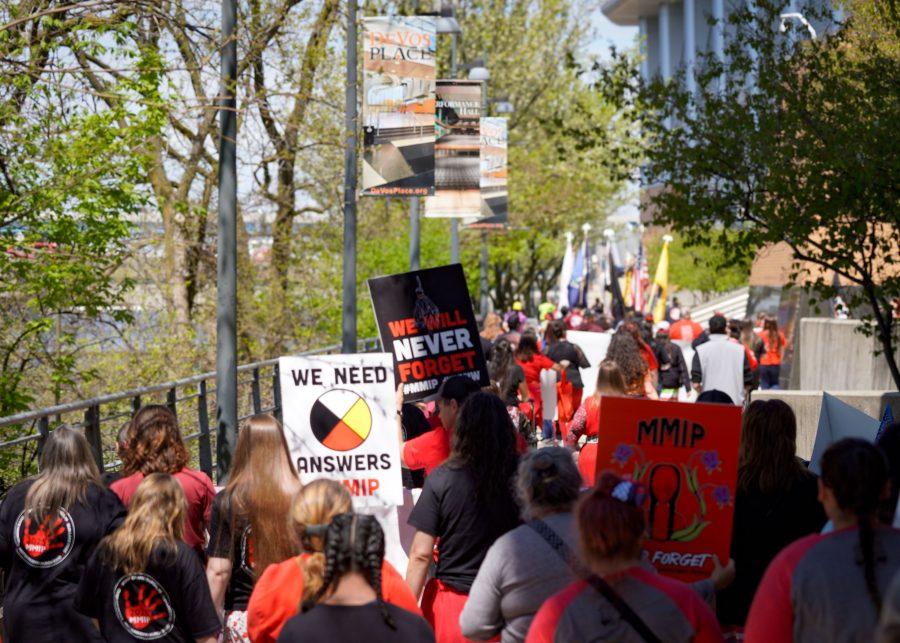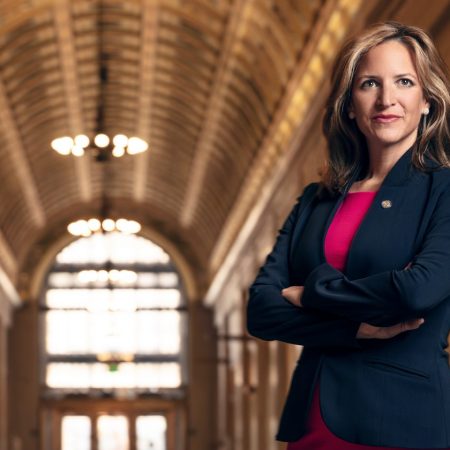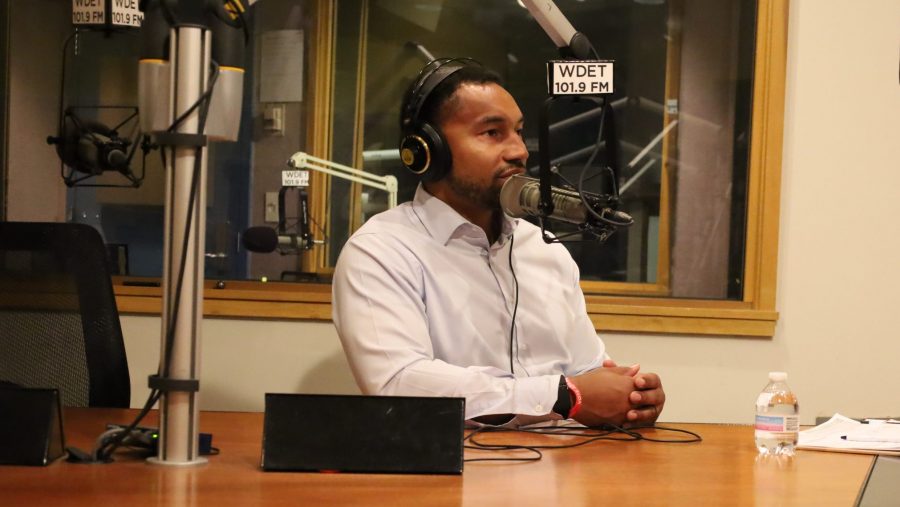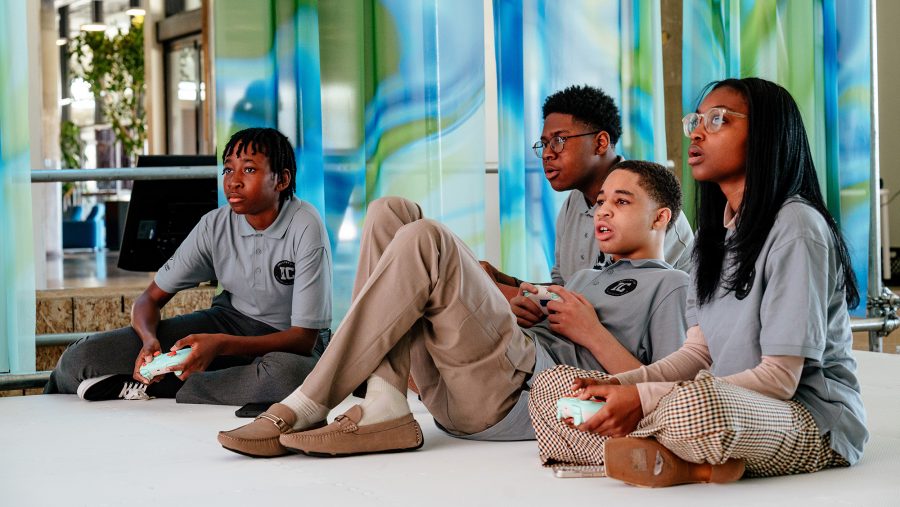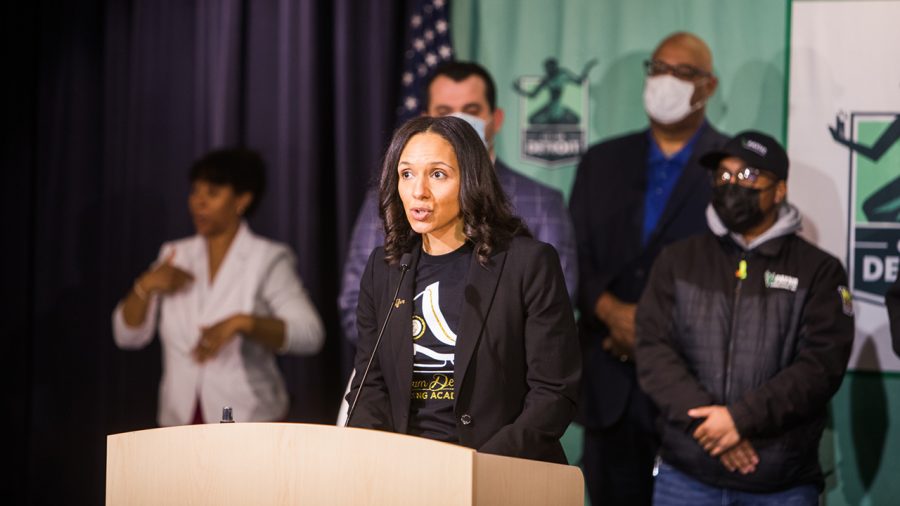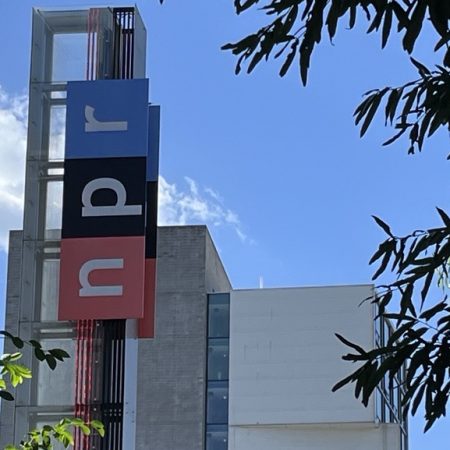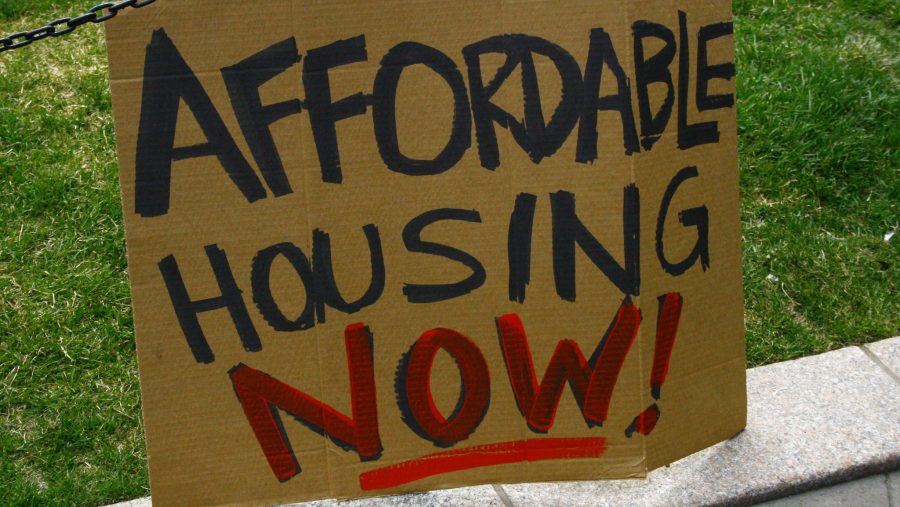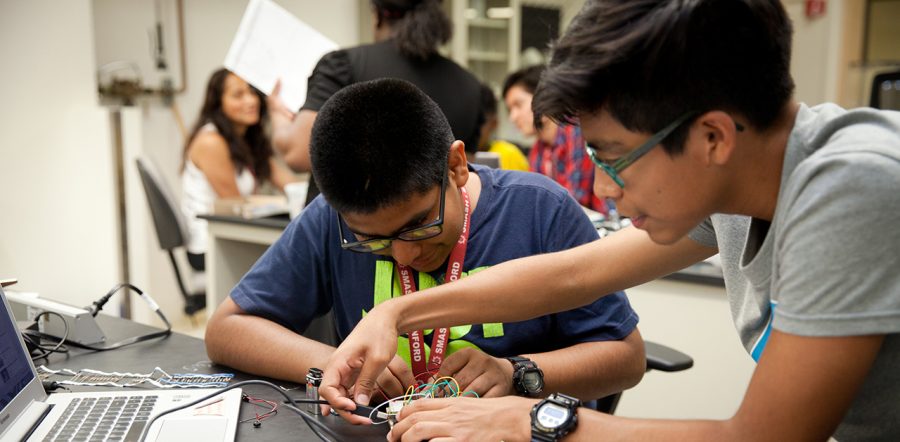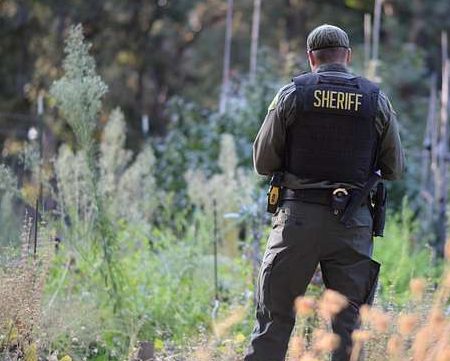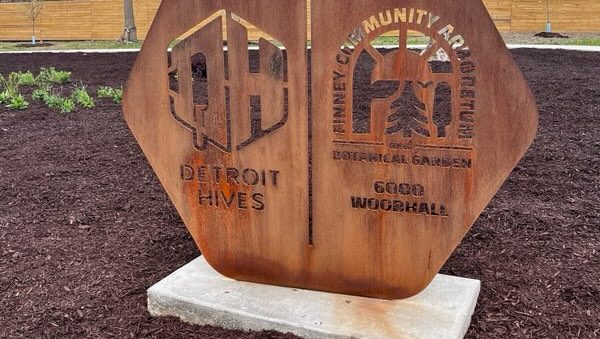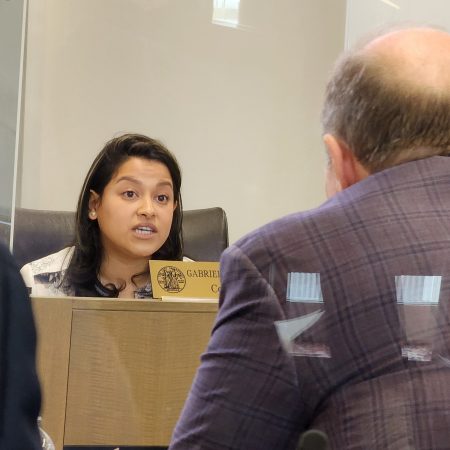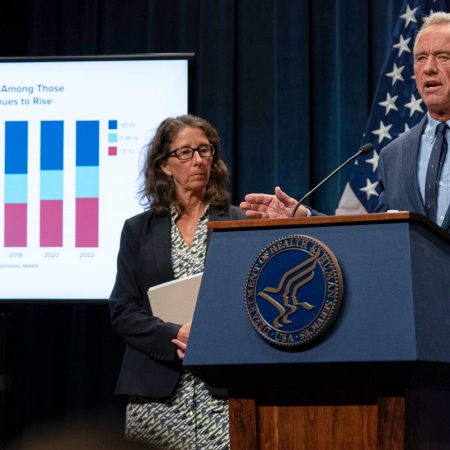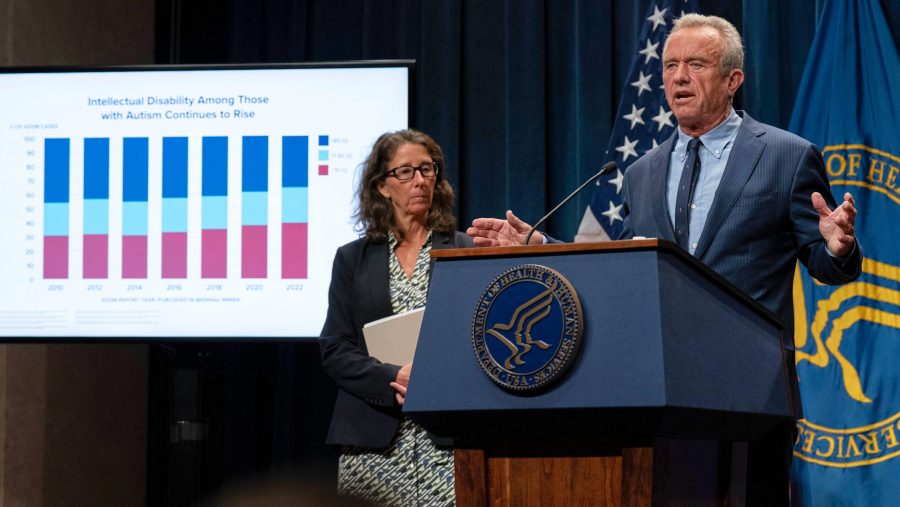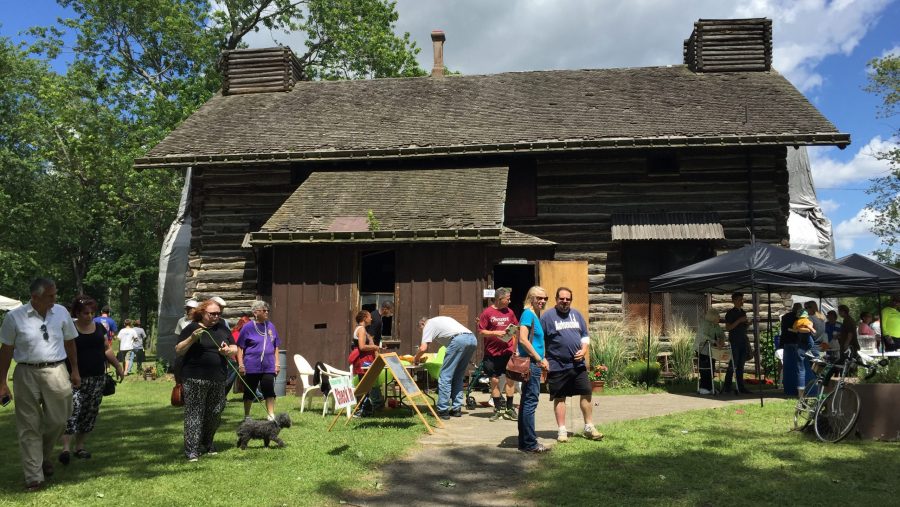The Metro: Detroit DJ Ember LaFiamma is among techno’s next wave
Ember LaFiamma is part of the future Detroit promised.
She grew up in the city surrounded by the sound — techno, house, ghetto tech— without knowing what the world called it by name.
Later, she learned that the music that shaped her was born right here.
Her journey deepened at the Underground Music Academy, where she learned to build beats from scratch and sharpened her skills as a DJ and producer. There, she began to truly understand the legacy — and the labor — behind the sound.
LaFiamma is not just performing, she is building. She co-leads Homie Hangz, a nonprofit that hosts free and donation-based DJ sessions and production workshops in community spaces across Detroit. She makes her own music, teaches, and builds bridges.
She is now preparing to open the Detroit stage at the Movement festival on Saturday. So, what does it mean to carry forward a sound rooted in resistance and innovation?
LaFiamma joined The Metro to talk about her journey, her city, and the community she’s helping to shape.
Use the media player above to hear the full conversation.
Listen to The Metro weekdays from 10 a.m. to noon ET on 101.9 FM and streaming on-demand.
Trusted, accurate, up-to-date.
WDET strives to make our journalism accessible to everyone. As a public media institution, we maintain our journalistic integrity through independent support from readers like you. If you value WDET as your source of news, music and conversation, please make a gift today.Donate today »
More stories from The Metro
The post The Metro: Detroit DJ Ember LaFiamma is among techno’s next wave appeared first on WDET 101.9 FM.
